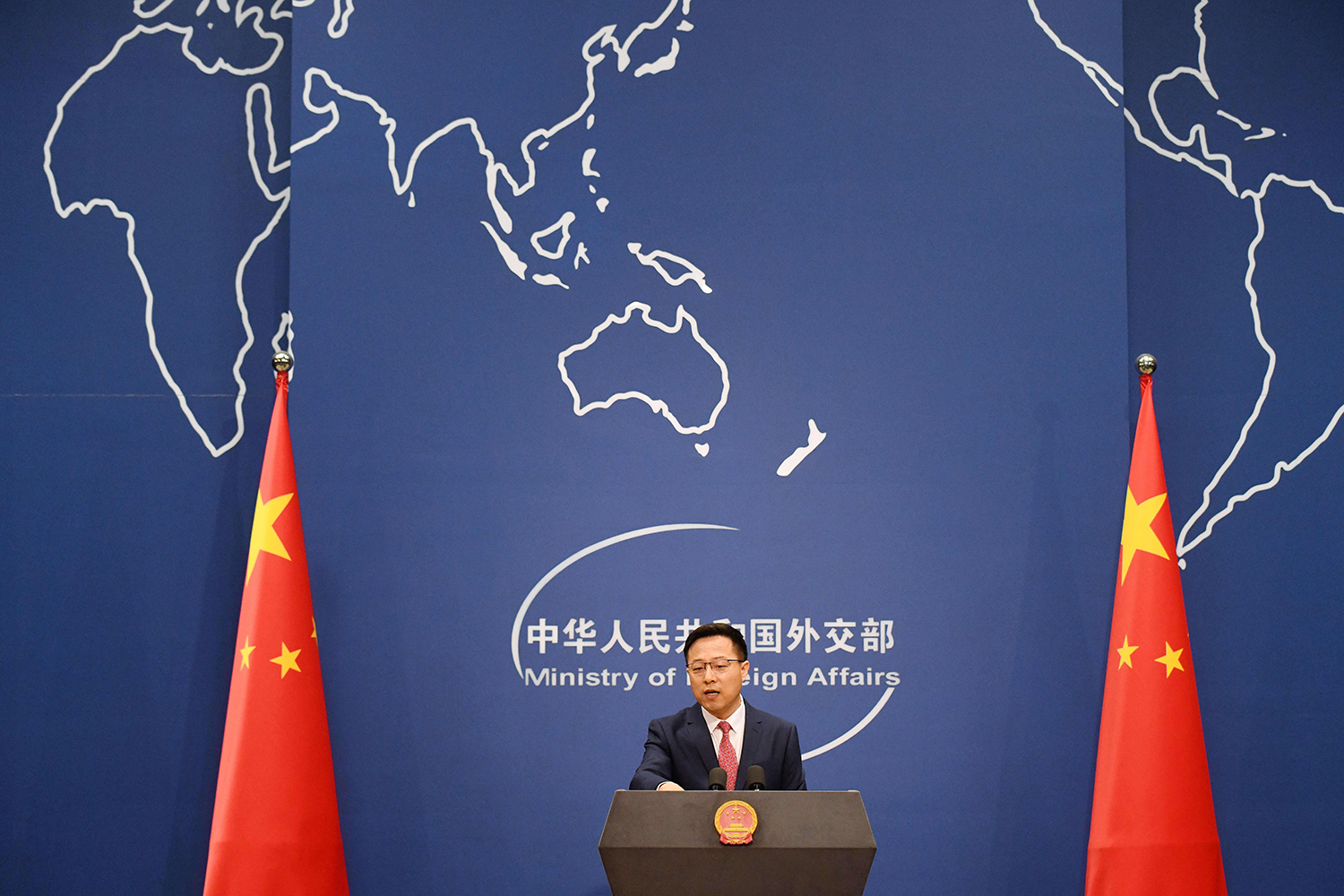China on Monday sanctioned 11 Americans in the newest bout of tension between the two countries since Beijing’s crackdown in Hong Kong last month.
Chinese foreign ministry spokesman Zhao Lijian accused the individuals, which include five Congressmen and members of rights groups and charities, of behaving “badly on Hong Kong-related issues.” However, he did not mention what the sanctions against them would entail.
Senator Marco Rubio, who is on the list, did not appear too worried.
Neither did Kenneth Roth, Executive Director of Human Rights Watch. Beijing’s sanctions against him marked “little more than an effort to distract attention from its wholesale assault on the rights of the people of Hong Kong,” he said in a Tweet.
The move was a direct response to the US Treasury Department’s recent sanctioning of 11 officials, including Hong Kong Chief Executive Carrie Lam, for “undermining Hong Kong’s autonomy” and restricting the freedoms of its citizens. Their assets were frozen, and Americans were prohibited from doing business with them.
Those sanctions marked a condemnation of a controversial security law that Beijing imposed on Hong Kong in July. The law banned criticism of China’s government and provoked international outrage in what was seen as a crackdown on free expression.
Some of that outrage came from Senators Rubio and Ted Cruz, who strongly supported Hong Kong’s democracy protests last fall. It is no coincidence, then, that the Chinese government has sanctioned them today.
A Difficult Relationship
Monday’s sanctions only continue a pattern of escalating iciness between China and the United States.
On the same day the US imposed sanctions on Lam and other officials, President Donald Trump issued executive orders seeking to ban Chinese-owned apps TikTok and WeChat in 45 days unless they were sold.
In July, the Trump administration sanctioned 11 Chinese companies for enabling human rights abuses in the Xinjiang region. Those companies, which now require a special license to purchase American products, included suppliers to global brands like Apple, Google, and Hugo Boss.
The American public, meanwhile, holds an increasingly unfavorable view of China. More than three-quarters of Americans blame the Chinese government for the global spread of the coronavirus, a perspective which Trump has emphasized to distract from his own unpopular handling of the crisis.


